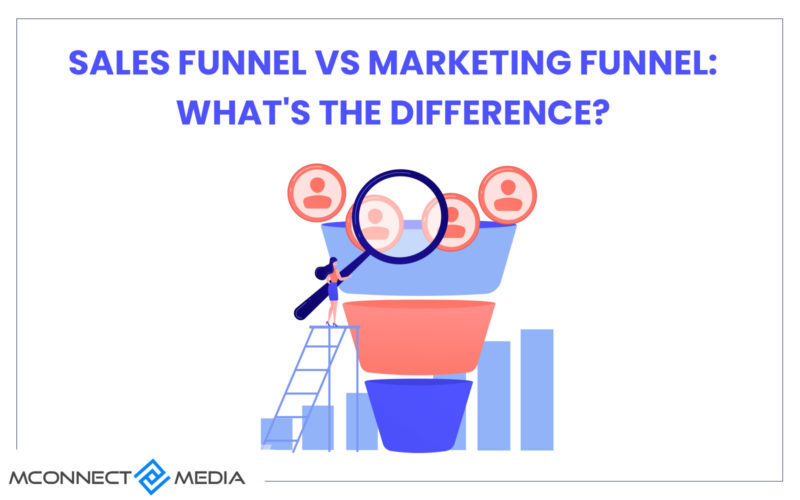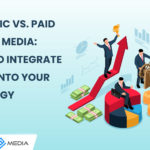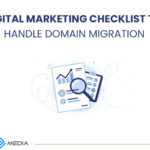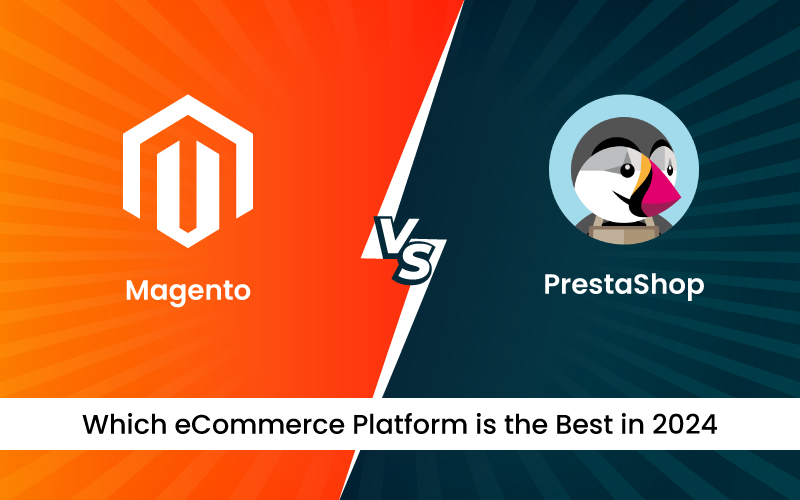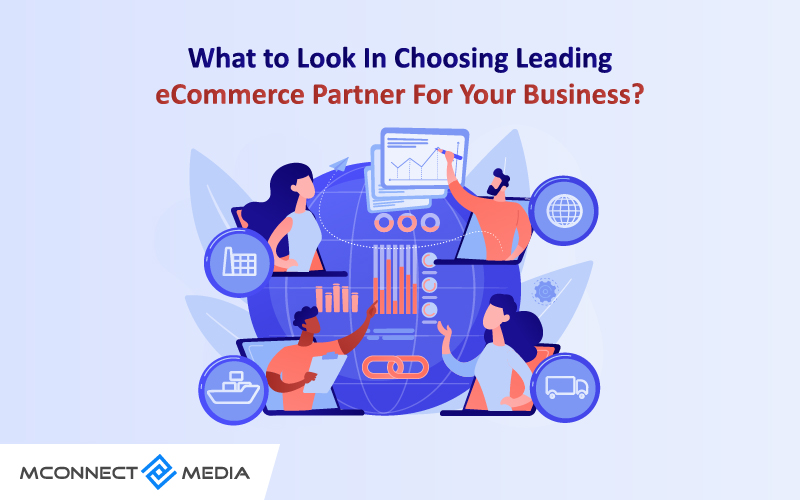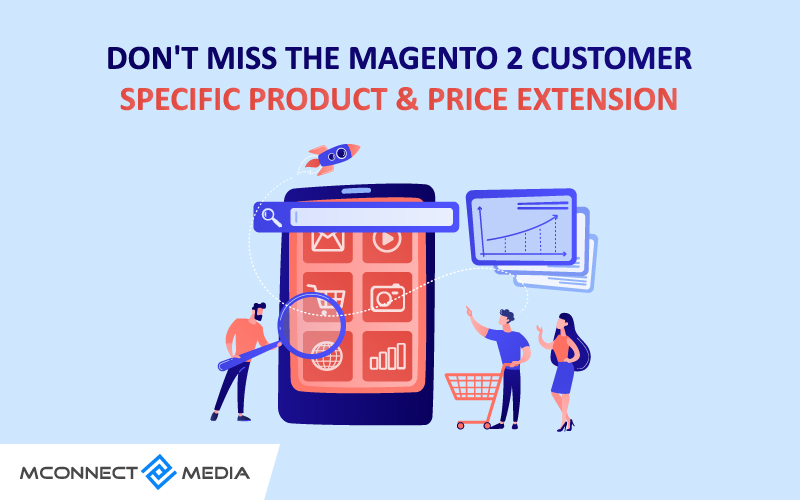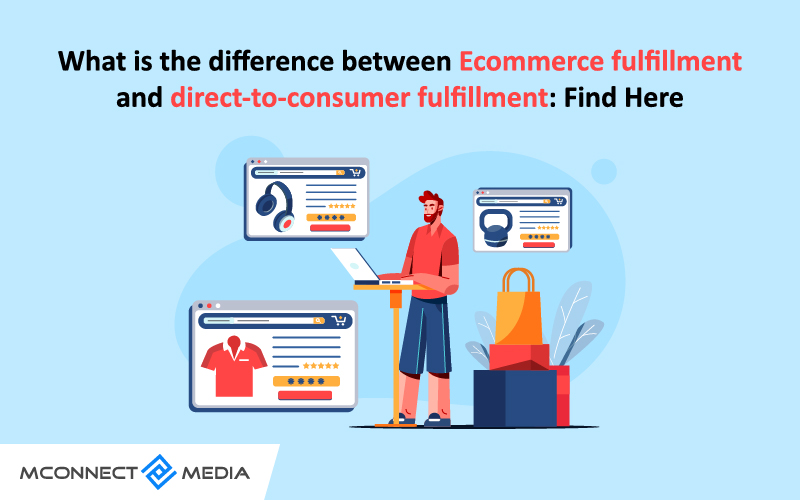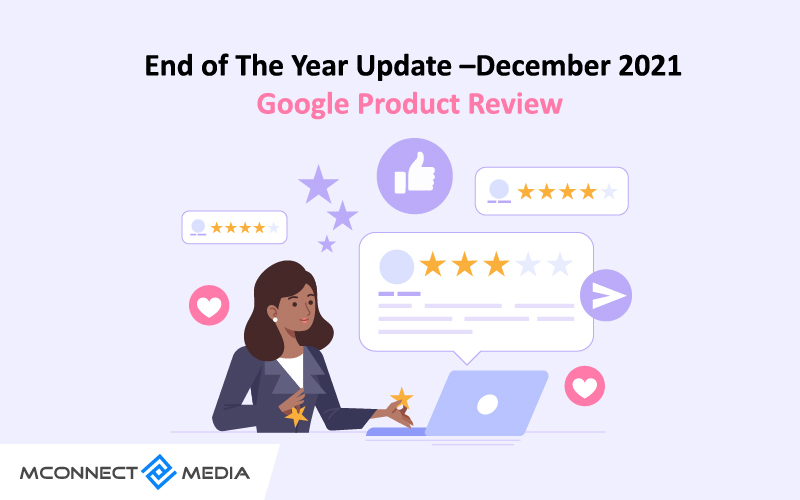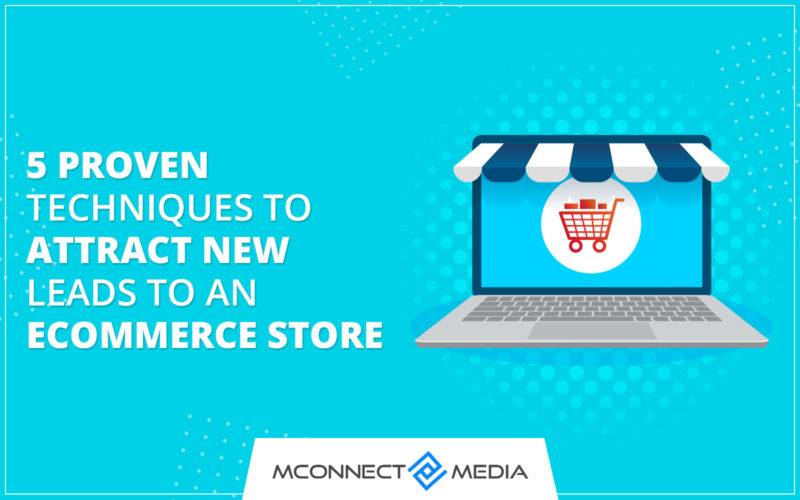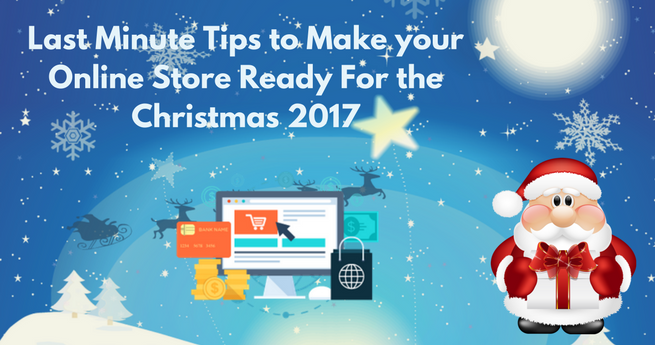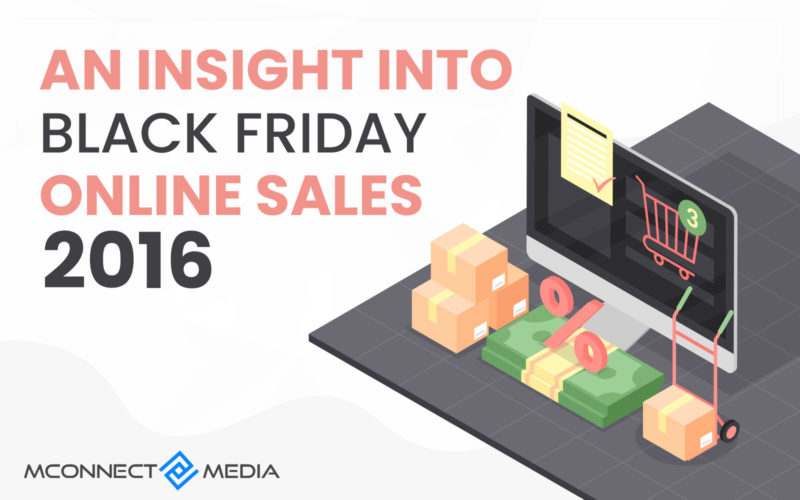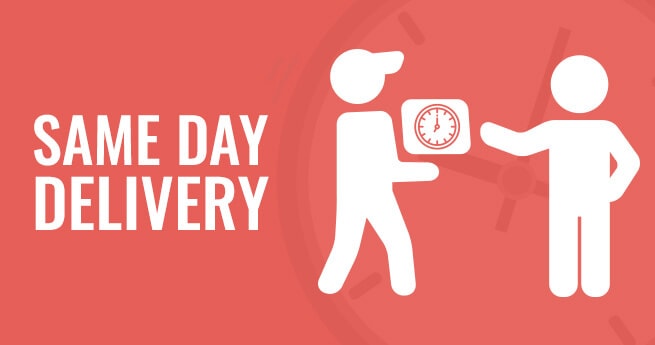You might be aware or have heard all sorts of talking about funnels especially sales, marketing and conversion funnels. Since last few years, these become so popular and in demand due to the success of some online businesses.
Well, many businesses have already started adapting certain funnels to enhance their revenue, yet, they do not always know when to adapt which funnel. And that’s is wide of the mark.
What types of funnels exist?
Indeed! Many entrepreneurs are still unaware that there are more than one funnels or they prefer just to put everything in one big bag and do not differentiate them. And each funnel has its proper functions and work differently. It makes distinction crucial when it comes to the goals you want to achieve and the direction towards your online business goals.
In general, there are commonly three types of funnels:
- Sales funnels
- Marketing funnels
- Conversion funnels
Conversion funnels are just modern purchase funnels that are used for eCommerce businesses. They work pretty much the same as sales and marketing funnels which you will get to in a moment. Conversion funnels are also so-called lean funnels meaning they are extremely focused on customization and perfection customer purchasing journey basing on customer feedback. It makes them a little bit more complex than marketing and sales. However, all of these are all about the experience you create for the visitors and that’s is an inseparable element of every funnel.
Let’s whirl out two of the above types to understand the meaning of Funnel.
A funnel may be expressed as a journey that a customer makes from just a prospect to an actual buyer, in other words, what customers make certain actions before purchasing the desired product or service is called a funnel.
Hence, you might have a question that is there a difference between sales funnel vs marketing funnel? Let’s find the answer to understand.
What is a Marketing Funnel?
Well, marketing is a key function in a business that allows brands to enhance visibility and gain a competitive benefit over other competitors. For this reason, a marketing funnel is a way that guides prospects throughout the whole journey, from the first purchase with a brand, way up to the point where they overcome the urge to purchase the product.
In other words, the marketing funnel helps prospects get acquainted with a brand. It is also popular for facilitating businesses in visualizing their customer journey and hence devising some sales support marketing approaches.
Must Read: Rethink Online Marketing Strategies to attract Millennials & GenZ
Three components made marketing funnel brings, brand awareness, maintenance interest, and customer assessment. Let’s understand how a marketing funnel can be the peace of mind for your business.
Lead generation – This means the formulation of marketing campaigns to enhance brand awareness: mainly inbound marketing, content marketing, online ads, and more. This is to inform all new potential customers about your offerings. In this, you need to create a landing page and website navigation very important to get the customer engaged in knowing about your product.
For you: Expertly Proven Marketing Strategies to Generate New Leads Inside eCommerce Store
Now, as soon as the prospect grows an interest in the brand, the step is to nurture the lead. This is when a business makes an effort to build a prosperous relationship with the prospect by introducing them to the product. The end of this stage is also the phase where a marketing funnel lightly turns into a sales funnel.
What is a Sales Funnel?
Well, while the marketing funnel is all about drawing attention to sponsoring a brand to a wider audience, its goal is to attract potential customers who can quickly transition into actual buyers. The moment such customers are detected and they develop a certain interest in the brand’s product, they will enter the sales funnel. From this moment on, the customer would become a sales prospect.
The sales funnel can be identified as the process that leads a sales prospect from the marketing stages to conversion one. This sales funnel is at the narrowest end sales funnel vs customer journey.
Let’s find the difference between sales funnel and customer journey
Since you have built enough awareness already, the next step is to make the visitors believe you are better than others and slightly push the visitors to buy your offerings. Hence, they enter the further engagement stages, commit to your solution. In the end, they will decide to make a purchase, which may be speeded up with free trials or demonstrations.
However, the sales funnel does not end here. In today’s time, the common phase is customer retention and you should never overlook the follow-up. There are many benefits that sales funnels can provide you with.
- Drive sales
- Identifying problem areas
- Automation of the sales process
However, before creating your first sales funnel, it will be better if you check out some effective sales funnel examples and base on that to build your own.
Sales Funnel vs. Marketing Funnel
There’s no major change between the sales and marketing funnel. It turns out that these terms can be interchanges, and differentiating them up is quite difficult. The most salient dissimilarity between both is to be the context of use.
Most part, sales, and marketing are two clear-cut distinctive functions and each has its special journey map that sets out the progress of a potential customer. The marketing funnel’s bottom marks the peak of the sales funnel. Meanwhile, this implies that the sales funnel is driven by marketing activities that market and create awareness to generate product demand.
A marketing funnel is a high-level strategy to acknowledge customers who are unaware of your products, while on another side, the sales funnel is the process whereby you plan to get people to take action. Meanwhile, one is to create customers and the other is to force them to take action.
Also read: How to Optimize the Conversion Funnel in your Magento Webshop?
The phase of the marketing funnel is to raise awareness and make it to the end with conversion. While sales funnel is a series of sites that are made to seamlessly persuade a customer to go from. And in that way, it’s a part of the marketing funnel.
Yet, many businesses are adopting these functions together, hence it is becoming tough and harder to distinguish marketing techniques with a sales support marketing strategy. Besides, businesses are catching up with tailor-made stages for each funnel to rationalize their operations.
Summing Up:
Sales funnel vs marketing funnel is a mystery that can argue all day long. However, it’s good to perceive that sales and marketing are alike in many ways. Meanwhile, they are not the same things, they should tell the same story. The marketing funnel markets a product and brings leads. Whereas, the sales funnel deals with the leads generated from the marketing funnel.
Need more explanation and idea on how to implement both strategies? M-connect Media can help you as we have already helped various eCommerce stores to implement marketing strategies. Consult our eCommerce experts now to discuss your idea.

